Jacques Avenue BioShelter
It’s the first known bioshelter in Central Massachusetts and was designed by WPI students. The project has the potential to provide much more than a year-round, healthy food source to underprivileged Main South residents.
The nonprofit Worcester Common Ground (WCG) unveiled the city’s first bioshelter during a ribbon-cutting ceremony. The project was completed in conjunction with a Jaques Avenue rehabilitation project that will provide low-income housing to four families.
The innovative and interactive greenspace was created through a partnership with WPI students and faculty, and relies on natural processes, such as energy from the sun and rainwater catchment, to create an environment to grow food year round. Construction on the structure by Worcester’s YouthBuild students.
The Bioshelter, located at 7 Jaques Ave in Worcester is the first known growing space of its kind in Central, MA. A Bioshelter is a self-sustaining growing space, which in Massachusetts’ climate means it must be able to heat, cool, add or remove humidity, and generate its own electricity as well as collect precious rainwater. This sustainable vision was created through partnerships with local universities such as Worcester Polytechnic Institute (WPI), skill development programs like YouthBuild Worcester (Training Resources of America, Inc.), and many organizations such as Regional Environmental Council (REC), Saint-Gobain, and the City of Worcester. This project provided 59 local young adults with construction experience and training in employable skills for improved success in the job market.
The Bioshelter includes a corner plot outfitted with over 20 raised beds, an on-site compost heap, 19 fruit trees with 5 types of fruit, and a rainwater catchment system for watering with untreated water. Bio-shelters are special kinds of greenhouses adapted for food production that relies on renewable energy, heat generated by compost and/or thermal mass, but not fossil fuels, to grow food year-round. The project was completed in conjunction with the Jaques Avenue rehabilitation project that currently provides affordable, low-income housing to four families.
The location of the Jaques Avenue Bioshelter is in walking distance from another newly completed Worcester Common Ground housing building at 126 Chandler St, and Chandler Elementary which teaches children in kindergarten through sixth grade. The proximity of the plot to housing and schooling maximizes the potential for the Bioshelter and surrounding plot to provide much more than just producing healthy food year-round to the residents of Main South, but also educational and social opportunities for connecting with food systems and neighbors.
The origin of the Bioshelter resulted from a purchase of 7-9 Jacques Avenue in 2014, which contained two empty lots on the corner of Jacques and Ethan Allen Street that abut a first-time homeowner property. The two empty lots (which WCG believes formerly housed residential buildings) were used by pedestrians as a footpath and, particularly during summer months, as a dumping ground. Having been a source of neighborhood frustration for many years, WCG transformed the vacant lots into our third EAT Center site — it currently includes an urban orchard (in partnership with the Worcester Tree Initiative) and as of May 2014, and a Bioshelter (designed in partnership with Worcester Polytechnic Institute students).
It’s the first known bioshelter in Central Massachusetts and was designed
by WPI students. The project has the potential to provide much more than a year-round, healthy food source to underprivileged Main South residents. The nonprofit Worcester Common Ground (WCG) unveiled the city’s first bioshelter during a ribbon-cutting ceremony. The project was completed in conjunction with a Jaques Avenue rehabilitation project that will provide low-income housing to four families. The innovative and interactive greenspace was created through a partnership with WPI students and faculty, and relies on natural processes, such as energy from the sun and rainwater catchment, to create an environment to grow food year round. Construction on the structure by Worcester’s YouthBuild students.
We could not be more excited to announce that our Bioshelter now officially has solar panels! Big thank you to New England Clean Energy for working with us through COVID-19 and to Fallon Health and Webster Five for their generous funding. And of course, shout out to our Environmental Specialist, Mikela, for their dedication to this project. It takes immense staff time and hard work to see these possibilities come true. What better way to enjoy this sunny day than taking a lovely socially distanced walk by the garden at 7-9 Jaques Ave to see the panels yourself?!
In September 2014, 10 Worcester Polytechnic Institute (WPI) juniors, along with 3 faculty advisers from WPI’s Center for Sustainable Food Systems, joined forces with Worcester Common Ground to transform a vacant lot in the Piedmont area of the city into an inviting, attractive community space that will encompass an urban farm, a communal wood-fired oven, a permaculture inspired garden, and a bio-shelter. Bio-shelters are special kinds of green houses adapted for food production that rely on renewable energy, heat generated by compost and/or thermal mass, but not fossil fuels, to grow food year round.
Partnership: Regional Environmental Council (REC) | Youthbuild Worcester (Training Resources of America, Inc.) | Saint-Gobain | Worcester Polytechnic Institute (WPI) | City of Worcester | New England Clean Energy | Fallon Health | Webster Five Bank
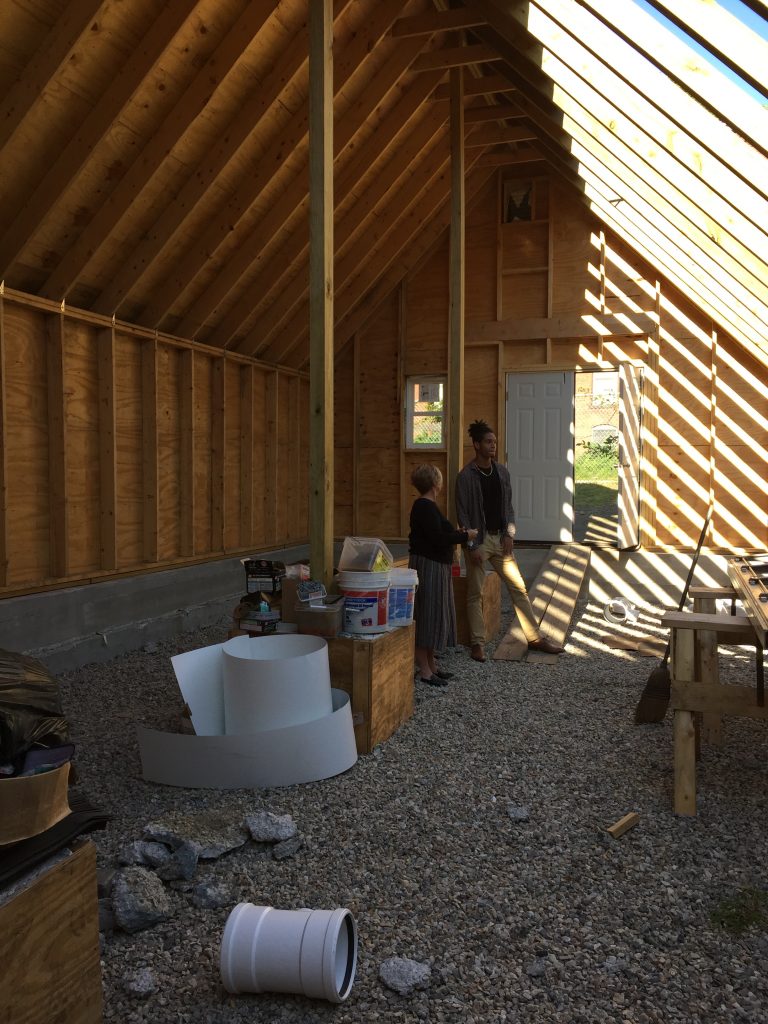
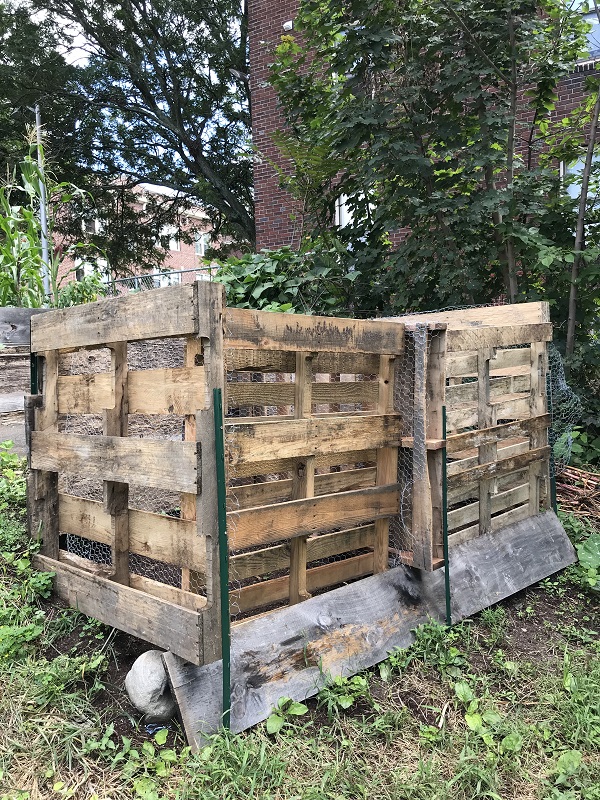
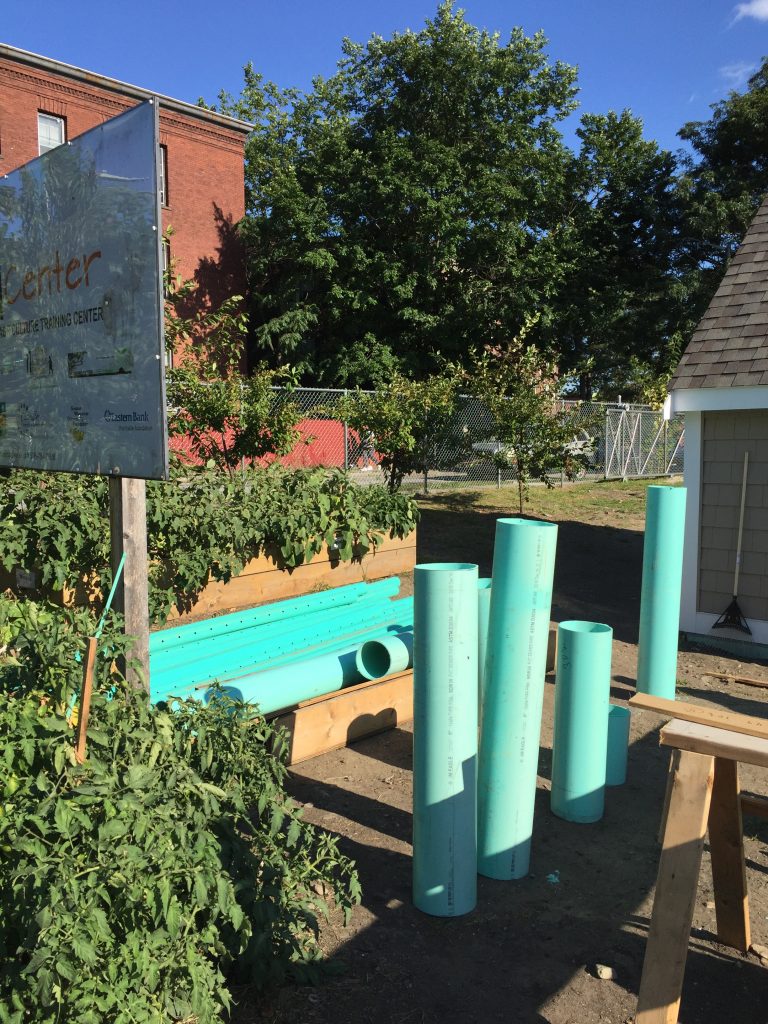
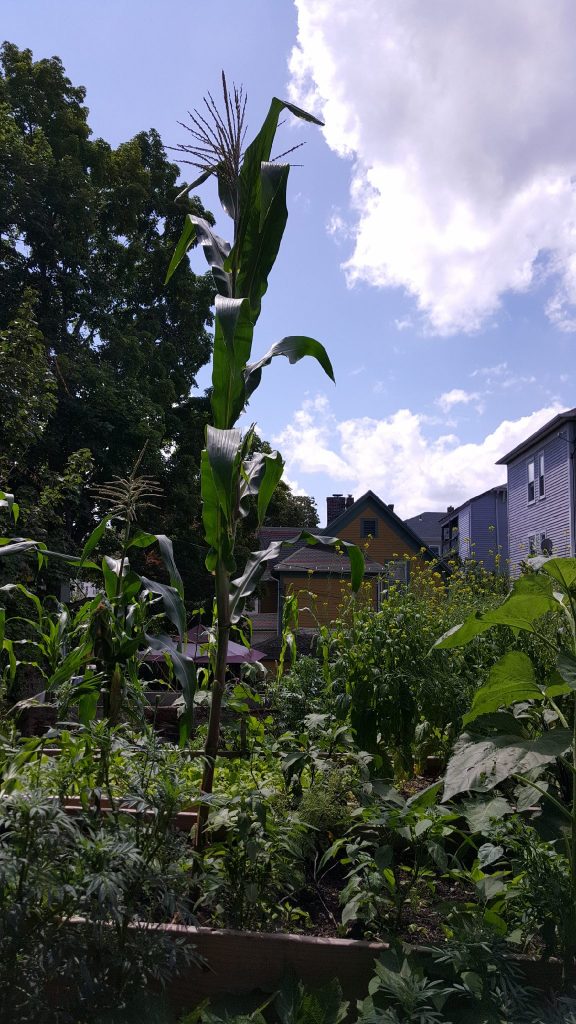

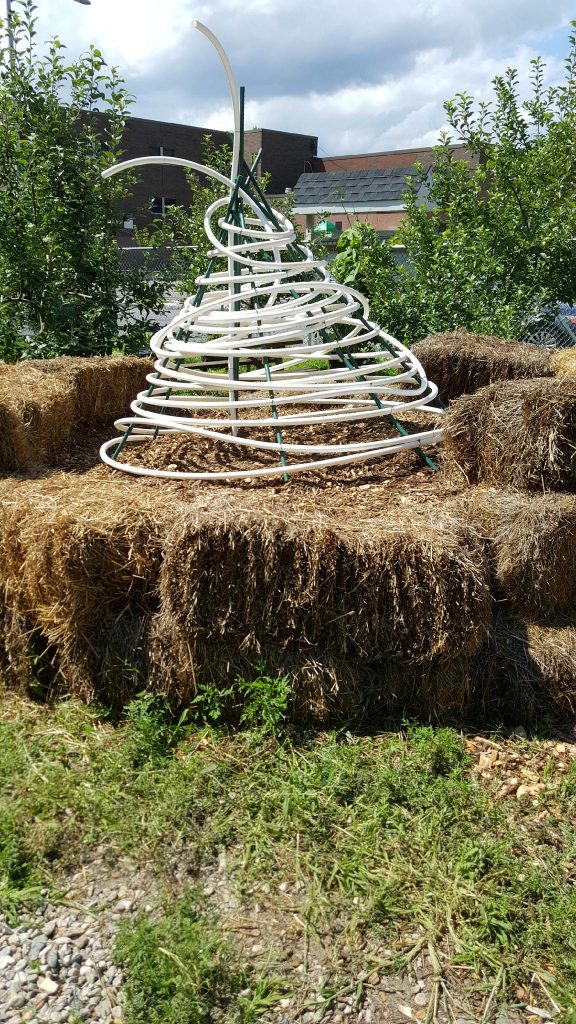
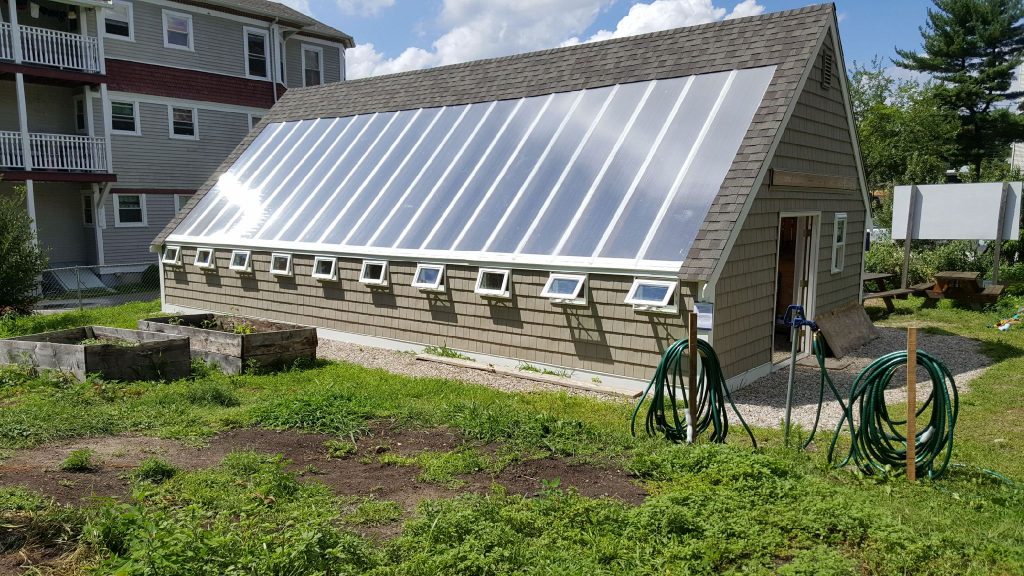
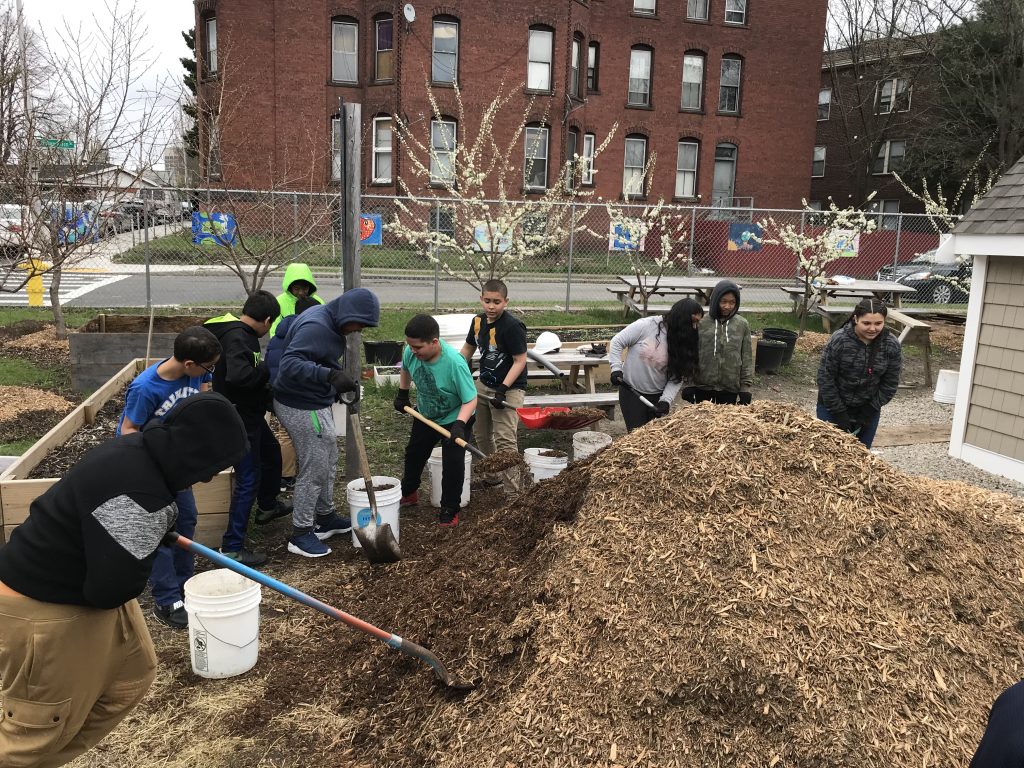
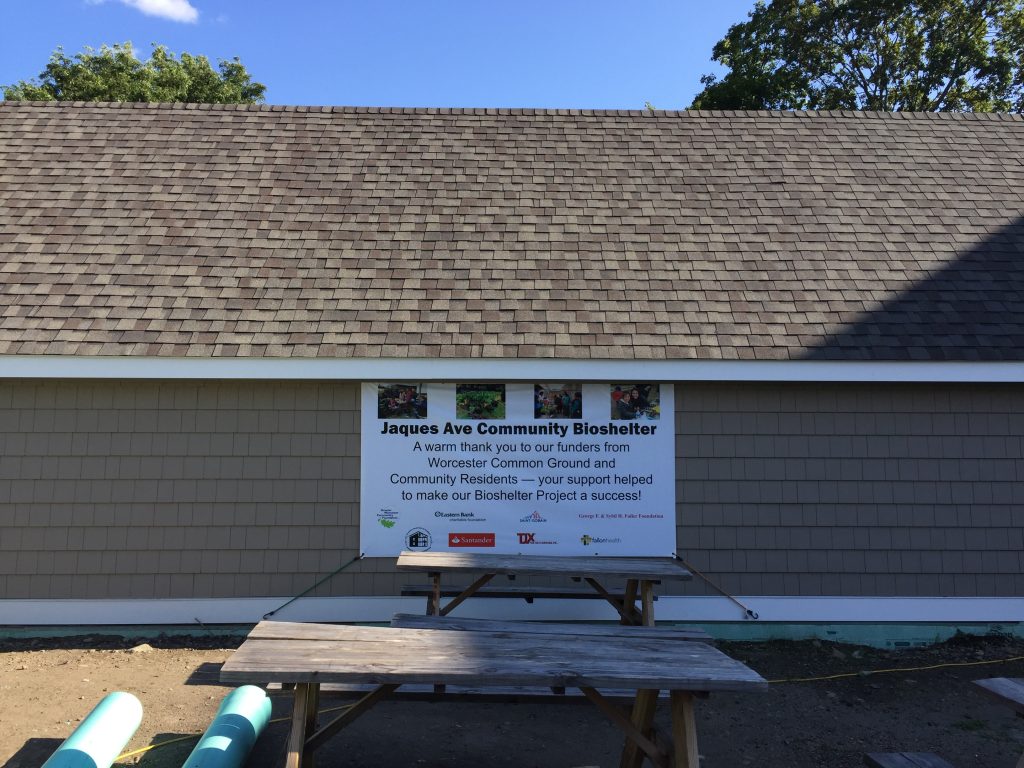
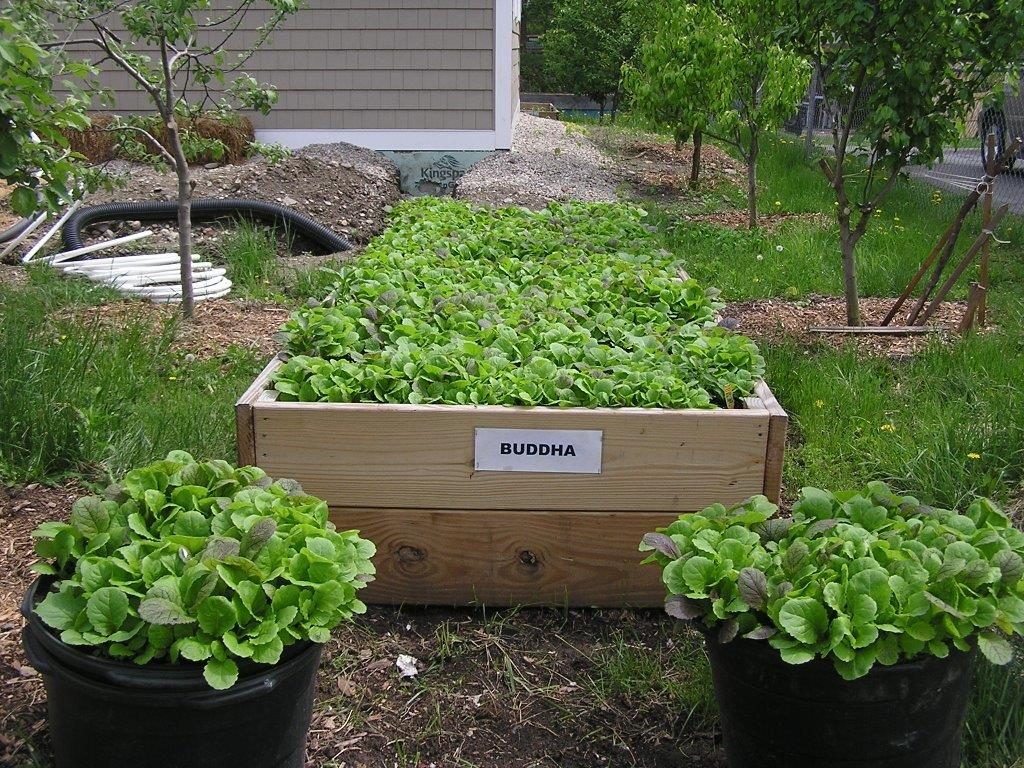
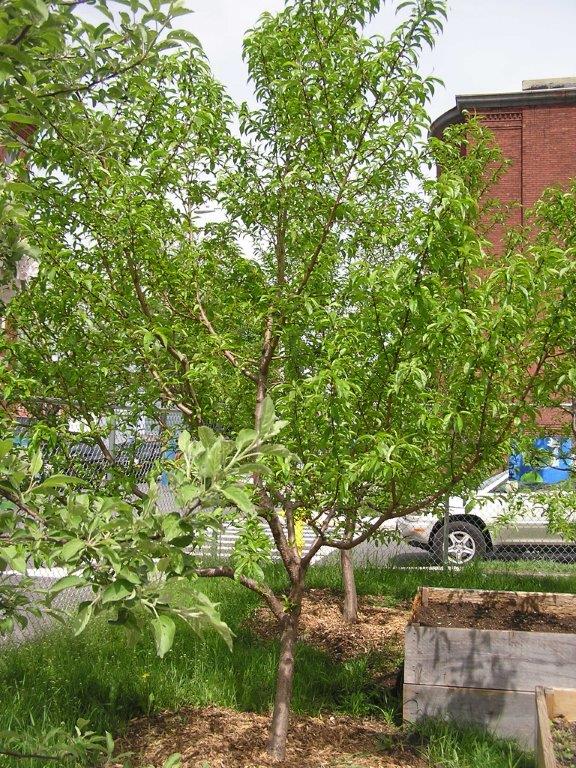
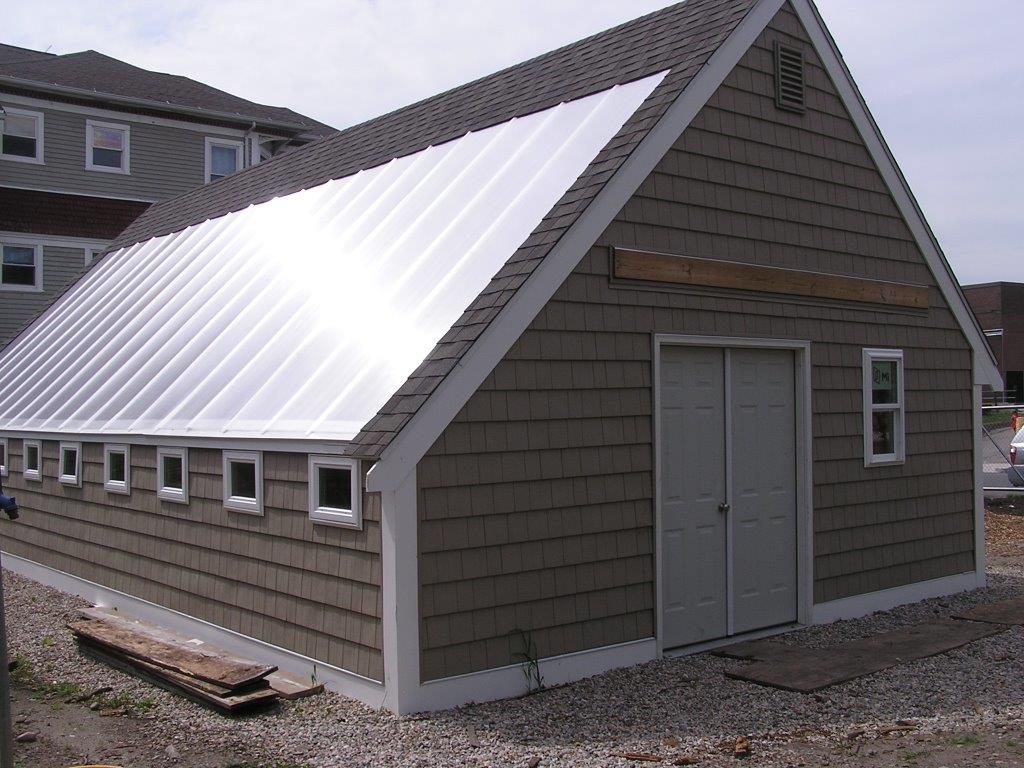
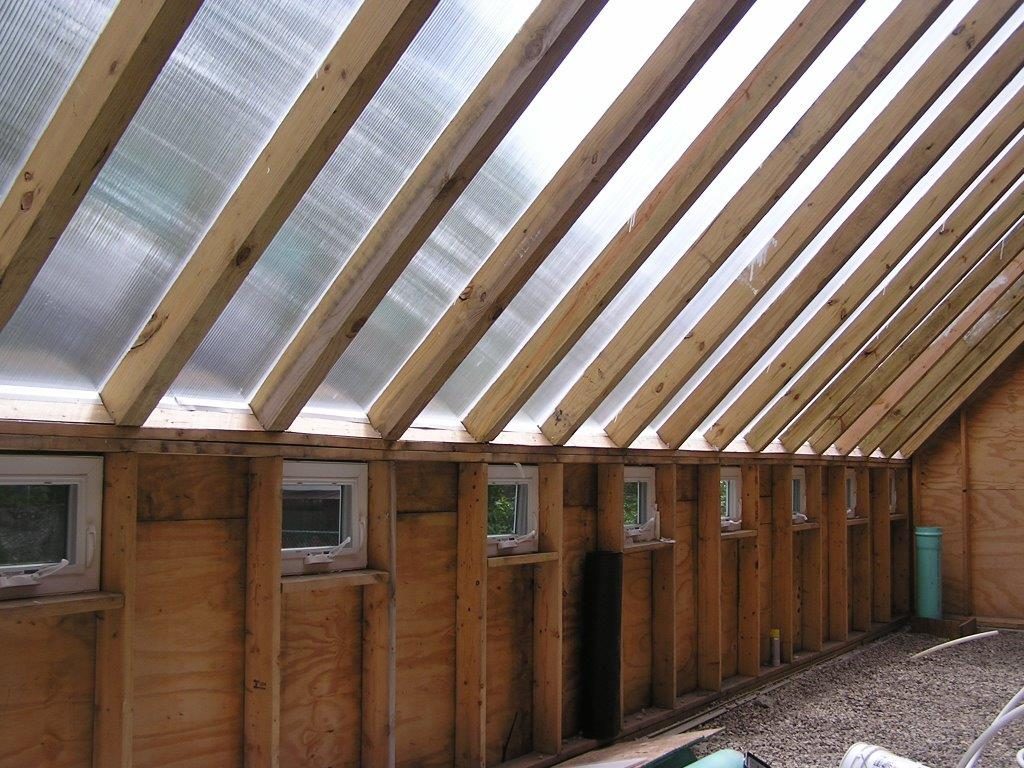
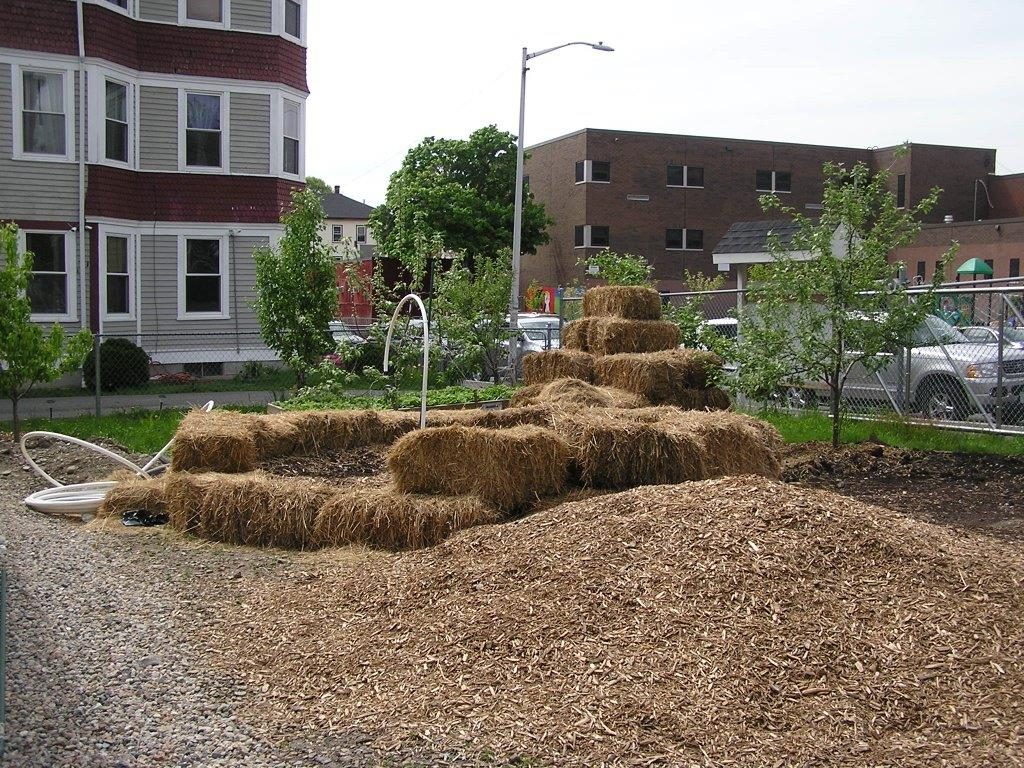
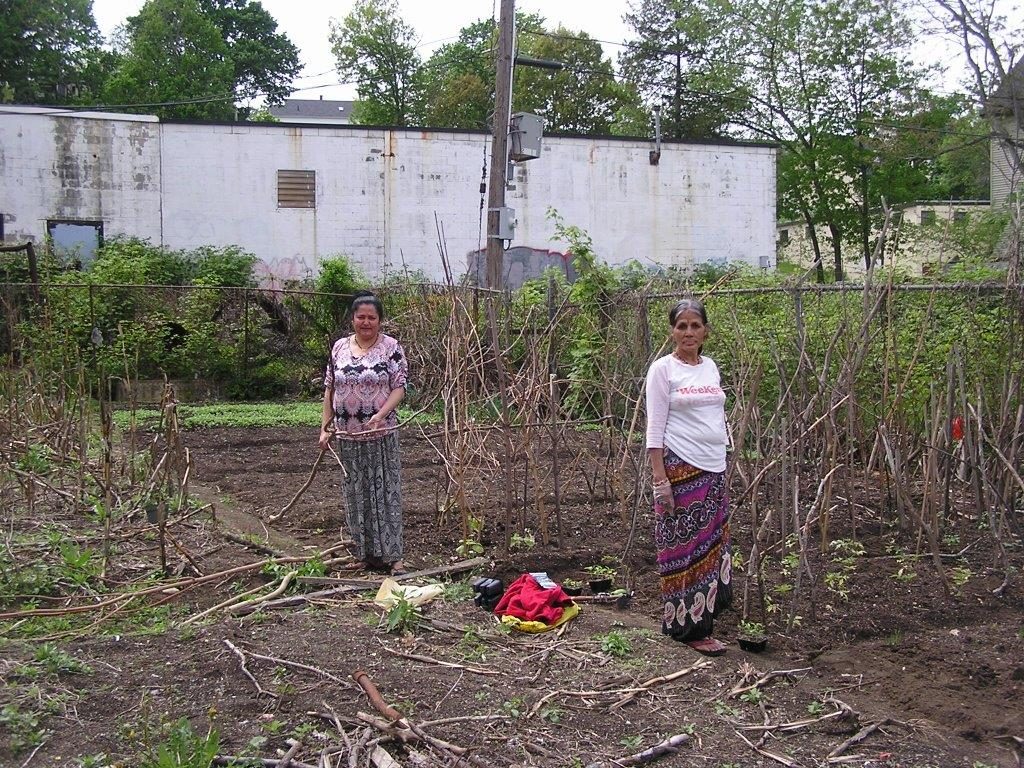
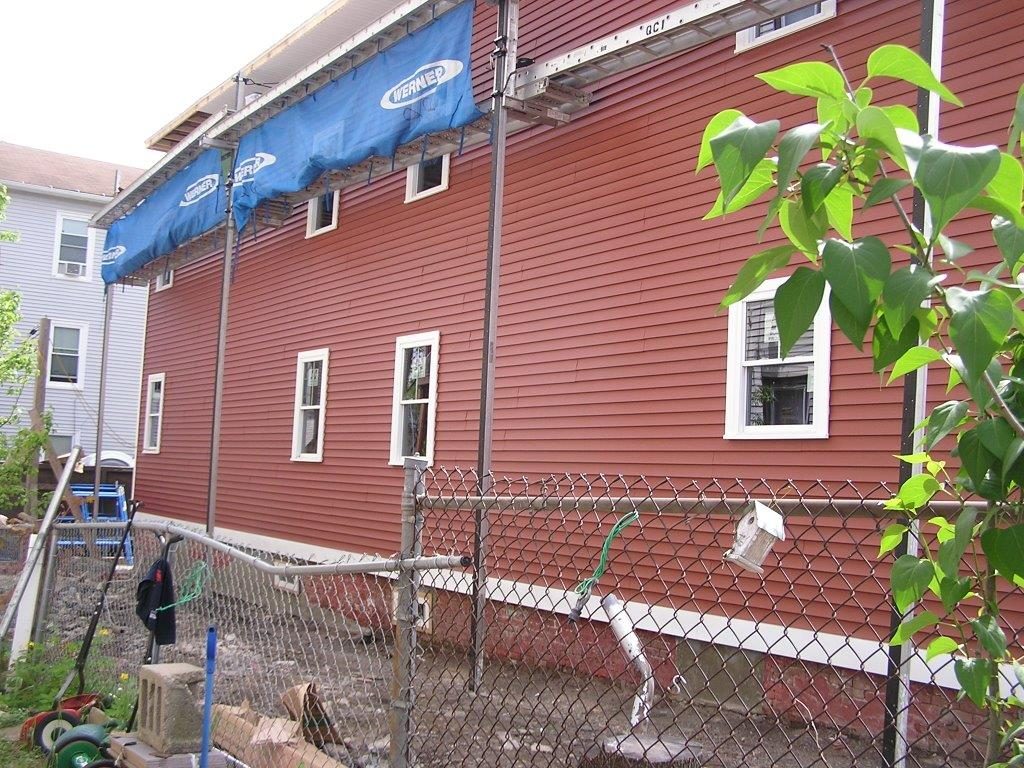
Robert Hersh
“The WCG-WPI collaboration is a compelling example of how the technical resources of a university can be used to encourage and serve local community development. In turn, the project enables engineering students to experience firsthand what it’s like to work at the intersection of technology and social need.
The student’s completed a solar analysis of the site, and calculated heating requirements to maintain growing conditions even through Worcester’s harsh winters. But their work is not focused solely on technical matters; our students are also designing the bio-shelter to suit the needs of local residents as well as the Bhutanese farmers who will eventually be managing the site.”


